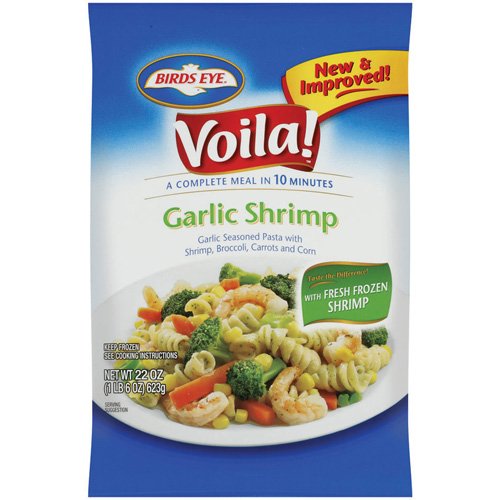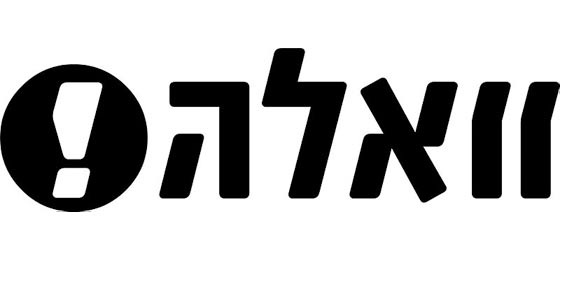Is It Really That Hard?
I don’t care that English is an evolving language. Fine. But until changes are generally accepted, please stop insulting my eyeballs with your ignorance. Please. The internet is no excuse for your being unable to be Grade-5 literate. F*ck.
Here’s the memo, just in case you learned how to read since I last published a similar admonishment:
It’s is a f*cking contraction. What is that? What’s a contraction? Yes, it’s what your mother had before she gave birth to you and
a pile of regret. It’s also when two words, in this case, it and is, are glued together with an apostrophe, which is that little squiggly thing between the t and the s, to make the phrase ‘it is’ less formal. Here as some examples:
“It’s a nice day for a zombie apocalypse.”
“It’s not likely that I’m going to tap that.”
“I would like to win the lottery, but it’s not possible since I didn’t buy a lottery ticket.”
Did you catch that last one? The word “didn’t” is a contraction of “did” and “not”
Detective: “You know what they say: ‘If you can’t do the time, don’t do the crime.”
Suspect: “I did no
t do it, I swear I didn’t. It is not fair that you’re picking on me just because I’m Polish and just because my pants happened to be filled with frozen pierogies at the scene of the largest pierogy heist in the last fifty years. It’s not right!”
See? See how that works? It works to soften the obviously felonious pierogy purloiner’s declaration.
If, on the other hand, you mean to say – and this is what’s irritating – “I have a dog. Its colour is blue”, then that’s a possessive form of the word “it”. I know: too hard. Try to remain alert for sixty more seconds. “It’s colour . . .” would translate to those who know how to read as “It is colour . . .” Okay? Does that make any sense? Does that seem right? It don’t, do it?
Here, write this on your texting arm: ” ‘it’s’ means the little ‘i’ is missing from ‘it is’; ‘its’ means the ‘s’ belongs to i
t”. That should be easy to remember.
Moving on to the next “thing” that’s really sort of unbelievable and very telling in terms of how people absolutely don’t seem to care about the quality of what they think they know. This regards the use of the French word, volia. It means, roughly, “there, you see it?”. Time and again I’ve (contraction for ‘I have’ here – see it? good) seen ‘voila‘ expressed as ‘walla’. What the f*ck is ‘walla’, huh? Is that Arabic? Are you some kind of terrorist, and if so, what kind? Is a a half-shout-out to your Alma Mater, Walla Walla University? Is it the sound of crowd murmurings in the American film production venacular? Are you somehow referring to the Israeli news organisation “Walla”? No? Then why the fruit are you writing ‘walla’? “Oh, my friend told me how to spell it.” Oh, is your friend a foreign language enthusiast or a four-year-old French child? No? Then check your information before you begin to demonstrate your adeptness at linguistic buffoonery.
Why should you care? Two reasons, at least. One, you look like an idiot to people that read what you wrote. Two, you have an obligation to communicate to your audience correctly, otherwise you are treating them like idiots. And three, because I f*cking say so. I said, “at least”, right? Damn.
Speaking of third-grade grammar (not Grammer, which is the last name of the TV star who played the lead in Frasier), let’s (see? contractions are everywhere) look at the use of your and you’re. In my straight life, that is, when I’m not berating the faceless hordes of the interwebs (oh, how cute), I have seen this done time and again, even from some attorneys who write their own correspondence and are anyway old enough and hopefully, educated enough to know better. I am shining the bright light of shame at attorneys because language and the precision that must lie within anything written is stock and trade. There’s no excuse. No lawyer wants to look like a fool and certainly doesn’t want to put the kibosh on a deal or settlement that was just about to close because the use of language was imprecise or incorrect. So, writing “your” when you mean “you are” is not only cringe-worthy but can be a) doubt-inducing, b) reveal you as an ignoramus or a slob because you couldn’t be bothered to check your work which in turn might show as an advantage to adversary’s counsel and 3) might change the meaning of a thing in detriment to your client. And no attorney wants to see their Errors and Omissions insurance go up because they can’t be precise. But as far as ‘your’ and ‘you’re’ is concerned, I got the following in an e-mail from an attorney:
“Your correct that (a party to the matter) is not leaning toward (your client’s) offer but (his client) wants to field a better settlement offer based on the offer you gave us last.”
Does it seem like nothing to you? A one-time error? This particular attorney always uses the possessive pronoun instead of the contraction. Why? Is he a slob? Lazy? What else did he miss? Turns out, plenty. Oh, well. Had he dotted his t’s and crossed his i’s and not relied on his spellcheck, he would have done better for his client.
It’s a problem endemic to business writing, too. I might thank a client and subsequently, at least fifty percent of the time, I will get a “your welcome” in reply. My welcome what? Why the sentence fragment? Your welcome mat? Your welcome wagon? What? Oh, you are welcome is what you meant. I get it. But IT’ NOT MY RESPONSIBILITY to figure out what the heck you’re trying to say. Ambiguity is the responsibility of the draughtsman. Supreme Court said so. It’s a basic legal concept. It works like this: if you and I make an agreement and you are providing the writing on that agreement, and that writing is ambiguous or incorrect, then the interpretation should go in such a way as to benefit me in the case of a dispute. Contra proferentem. Go ahead, look it up. I’ll wait.
If you’re going to set something down in writing that someone else is going to read, then anyone might read it, if not in the present then, in the perhaps distant future. Therefore, what you write is a representation of what you are, in terms of the respect you hold for society at large and how you care to be viewed in turn. Your writing is your legacy and you’re duty-bound, in terms of self-respect, to get it right.
I’ll forgive you if you stop the abuse. Here are some links for your continued studies:
Mignon Fogarty’s Grammar Girl site on Quick and Dirty Tips
When you’re finished with those, let me know and I’ll give you some more.


